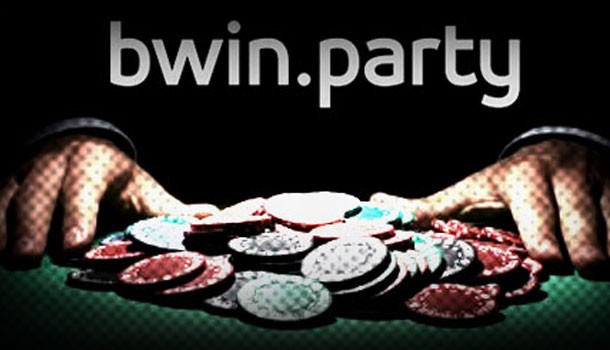
Stop worrying about collaborating with physical properties and getting approval for transactional waivers, that’s outdated and belongs to 2013. In 2014, the latest trend is to sell online gaming sites in deals worth billions of dollars, especially this summer.
Bloomberg reports that bwin.party may be planning to sell part or all of their company, according to two anonymous sources within the firm. These sources have also indicated that Deutsche Bank AG has been hired by bwin.party to explore possible options, with a decision expected to be made in the next two months. This news is the newest rumor in a potential major online gaming sale.
Bwin.party, for their part, has asserted that they “have no plans to breakup or sell the company,” dismissing the rumors as mere media speculation.
Where have these rumors come from?
Speculation surrounding bwin.party is likely due to several reasons.
The recent purchase of PokerStars by Amaya Gaming has probably caught the attention of bwin.party, reigniting potential dollar figures that were discussed during the online poker IPO era in 2005.
The sale of PokerStars to Amaya could be a game changer, as it is expected that PokerStars, the #1 online poker site in the world, will join partypoker and other US operators in the American market by year-end.
The recent board shakeup at bwin.party, which has been somewhat contentious, followed Jason Ader’s acquisition of 6% of the company. He has since been labelled an “activist investor” due to his numerous calls for changes.
Ultimately, the sluggish initiation in the US market (New Jersey) has likely caused worry among bwin.party executives and shareholders. Online gaming has not only underperformed in revenue generation in New Jersey, but its expansion has also decelerated in other states across the country. This situation may cause foreign companies to reconsider the potential of the US market.
Partypoker was expected to experience a revival when it reentered the US market after a low point following the post-UIGEA period. During this time, Partypoker was essentially wandering aimlessly, trying to find its footing. However, reentry has not significantly improved the company’s financial performance. Even though bwin.party is leading in the New Jersey market, it is far from dominating.
Did the PokerStars sale create a precedent?
I’d like to return to the topic of PokerStars’ sale, as I believe its acquisition by Amaya Gaming could possibly trigger a wave of mergers, consolidations, and sales across the industry. Various companies within different gaming sectors may find themselves striving to keep pace with the new Amaya/PokerStars entity, viewing the formation of their own mega-corporation as the sole viable strategy.
We may be witnessing the beginning of an era where land-based casinos not only collaborate with online providers, but also merge with them. It is also probable that B2B and B2C online providers will follow suit, as demonstrated by Amaya and PokerStars, leading to the creation of mega-corporations capable of managing all facets of a company’s gaming requirements.
This could occur because the fear that online and land-based gaming will undercut each other no longer exists. Moreover, the existing model resembles self-sabotage, as partners essentially become competitors in the US market.
What I am trying to say is that the current structure of the US market, especially in New Jersey, allows for each partnership to operate several competing online gaming brands. Therefore, even though they may not be undercutting their physical casinos, they are indeed undermining each other in the online domain.
An example is the collaboration between Borgata and bwin.party, where they operate two online poker rooms, NJ.PartyPoker.com and BorgataPoker.com. Although these sites pool resources and effectively collaborate with each other, they also conduct independent marketing campaigns and directly compete for players and revenue.
bwin.party benefits when NJ.PartyPoker.com thrives, even if it implies attracting players from their ally BorgataPoker.com. Ideally, they would prefer to draw players from WSOP.com or Ultimate Poker, but reality does not always align with expectations.
The relationship between another notable partnership, Caesars Entertainment and 888 Holdings, is in a more dire state. Their online poker rooms, WSOP.com and US.888Poker.com, don’t even operate on the same network. Rather than partners, 888 and WSOP.com are more like direct rivals.
If Caesars were hypothetically to acquire 888, there would be no need for separate marketing campaigns or competition for players within the same company. Everything would be handled internally, eliminating direct competition between multiple brands on the site. Consequently, all profits would go into the same pocket.

